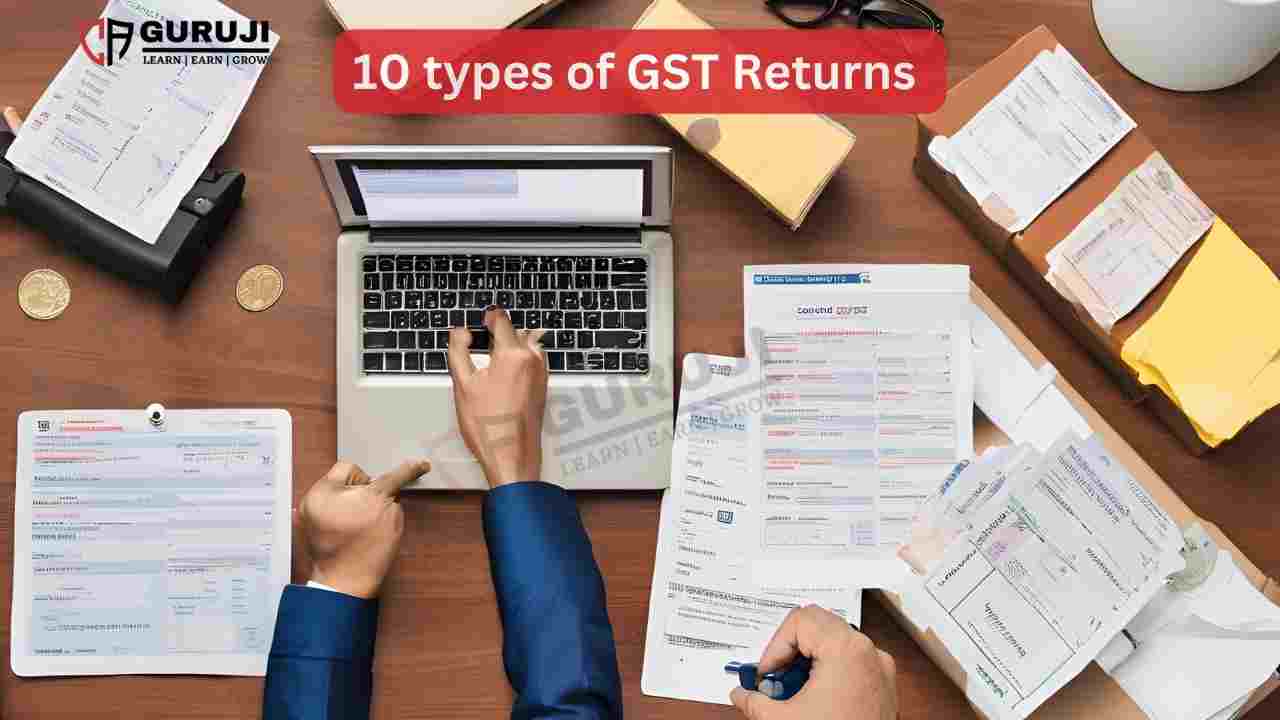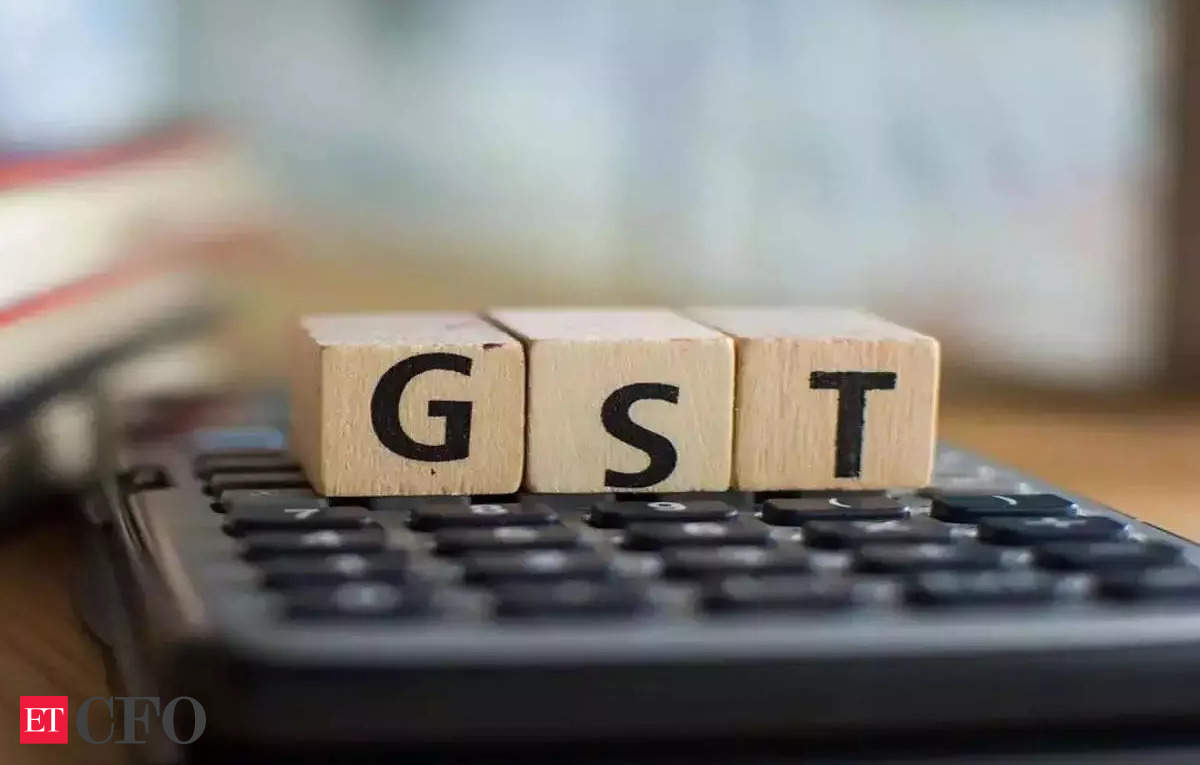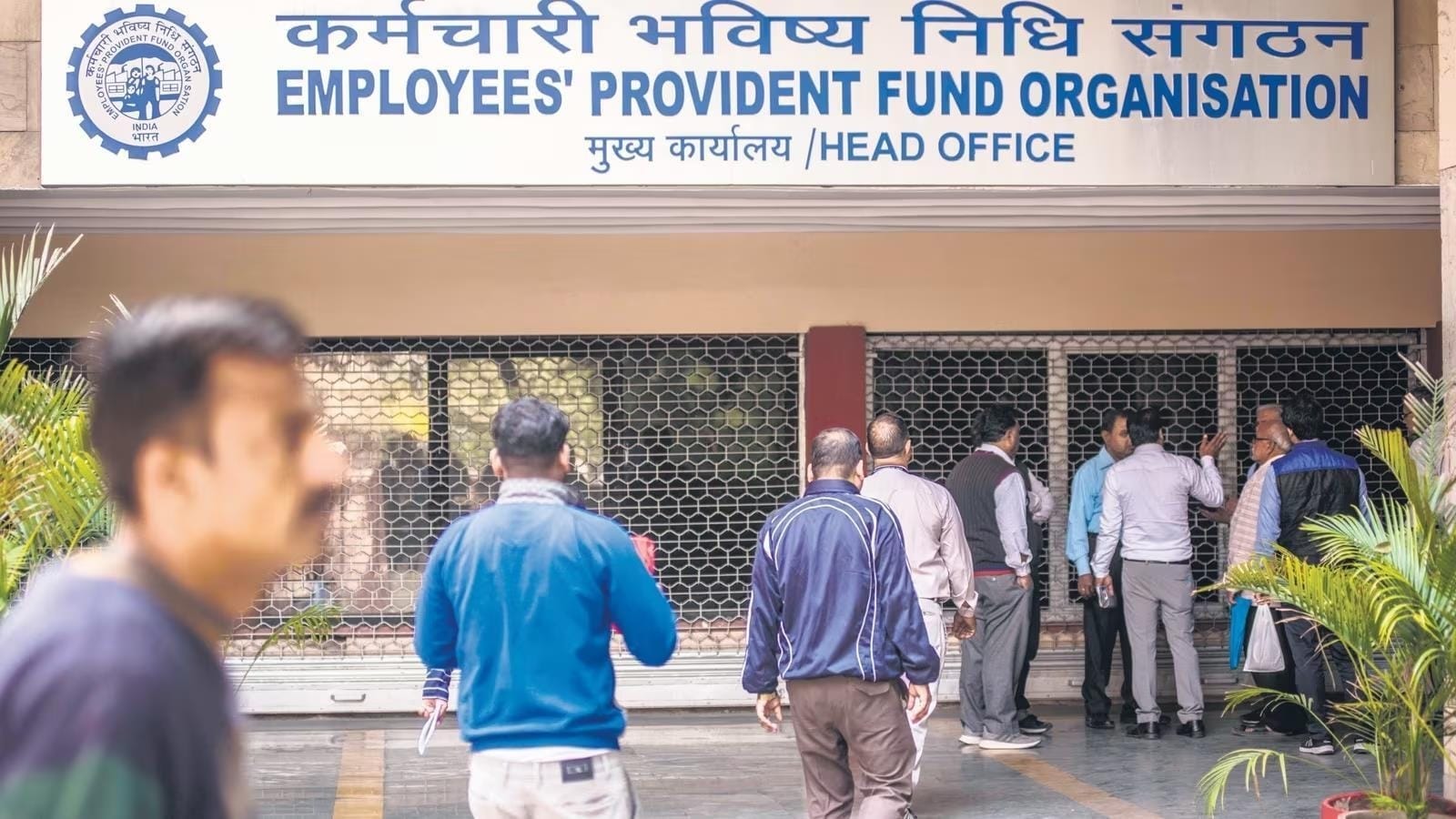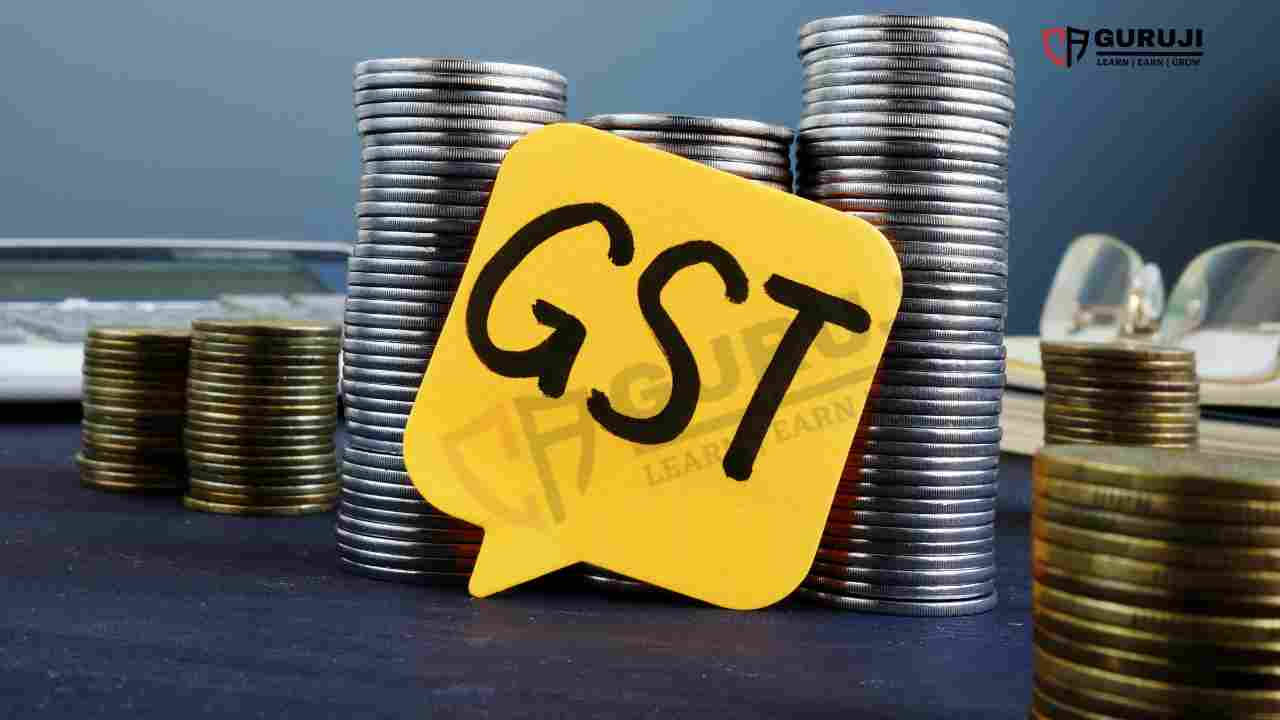The Goods and Services Tax (GST) is a comprehensive indirect tax implemented in India on July 1, 2017, aimed at unifying the country’s fragmented tax structure. It subsumes various central and state taxes, creating a single tax regime for the entire nation. GST is mandatory for businesses with an annual turnover exceeding Rs. 20 lakhs (Rs. 10 lakhs for special category states). Additionally, certain businesses, such as those engaged in interstate supply or e-commerce, must register for GST regardless of their turnover.
After obtaining GST registration, many individuals, due to a lack of knowledge, fail to file their GST returns, which can lead to penalties and adversely impact their business. Therefore, it is crucial to understand the importance of timely and accurate filing of GST returns to ensure compliance and avoid potential financial repercussions. Understanding GST and the different types of returns is essential for efficient tax management and the smooth operation of your business.
1. GSTR-1: Details of Outward Supplies
Who files it: Registered taxable suppliers
Frequency: Monthly (IFF in case of QRMP scheme)
Due Date: 11th of the subsequent month
Details Required: Information about all outward supplies of goods and services, including details of invoices, debit notes, credit notes, and revised invoices issued during the tax period.
2. GSTR-2A: Auto-drafted Details of Inward Supplies
Who files it: Not required to be filed; it is a read-only document.
Frequency: Monthly
Due Date: Automatically generated
Details Required: This return is auto-populated based on the data provided by suppliers in their GSTR-1. It contains details of all inward supplies of goods and services.
2a. GSTR-2B: Auto-drafted Input Tax Credit (ITC) Statement
Who files it: Not required to be filed; it is a read-only document.
Frequency: Monthly
Due Date: 14th of the subsequent month
Details Required: Contains a static summary of the ITC available to the taxpayer. It is generated based on the data provided by suppliers and includes both eligible and ineligible ITC.
3. GSTR-3B: Summary Return and Payment of GST
Who files it: Registered taxable person
Frequency: Monthly
Due Date: 20th of the subsequent month, (22nd and 24th in case of QRMP scheme)
Details Required: Summary of outward supplies, inward supplies, input tax credit claimed, and tax liability for the month. This return is used for payment of taxes as well.
4. GSTR-4: Return for Composition Scheme
Who files it: Composition taxable persons
Frequency: Annually
Due Date: 30th April of the subsequent financial year
Details Required: Summary of outward supplies, inward supplies, tax payable, and tax paid, including details of import of services or goods, if any.
5. GSTR-5: Return for Non-Resident Taxable Person
Who files it: Non-resident taxable persons
Frequency: Monthly
Due Date: 20th of the subsequent month or within 7 days after the expiry of registration, whichever is earlier
Details Required: Details of outward supplies, inward supplies, ITC availed, and tax paid.
6. GSTR-6: Return for Input Service Distributor (ISD)
Who files it: Input Service Distributors
Frequency: Monthly
Due Date: 13th of the subsequent month
Details Required: Details of ITC received and distributed by the ISD, including details of tax invoices on which credit is received and the manner of distribution of credit.
7. GSTR-7: Return for Tax Deducted at Source (TDS)
Who files it: Persons required to deduct TDS under GST
Frequency: Monthly
Due Date: 10th of the subsequent month
Details Required: Details of TDS deducted, TDS liability payable and paid, and TDS refund claimed, if any.
8. GSTR-8: Return for E-commerce Operators
Who files it: E-commerce operators required to collect tax at source (TCS)
Frequency: Monthly
Due Date: 10th of the subsequent month
Details Required: Details of supplies made through the e-commerce platform and the amount of TCS collected.
9. GSTR-9: Annual Return
Who files it: Registered taxable persons
Frequency: Annually
Due Date: 31st December of the subsequent financial year
Details Required: Comprehensive summary of all inward and outward supplies made during the year under different tax heads, ITC availed, taxes paid, and any refund claimed during the year.
Beside these taxpayers have option to opt under Composition scheme (File CMP-08 (Q)) or QRMP scheme then return frequency may change
10. GSTR-10: Final Return
Who files it: Registered taxable persons
Frequency: After Cancellation of GST number
Due Date: with in 3 months from the date of receipt of cancellation order from GST Office
Beside these taxpayers have option to opt under Composition scheme (File CMP-08 (Q)) or QRMP scheme then return frequency may change
Enroll in our Practical GST course to learn to file these returns
Visit www.cagurujiclasses.com for practical courses











